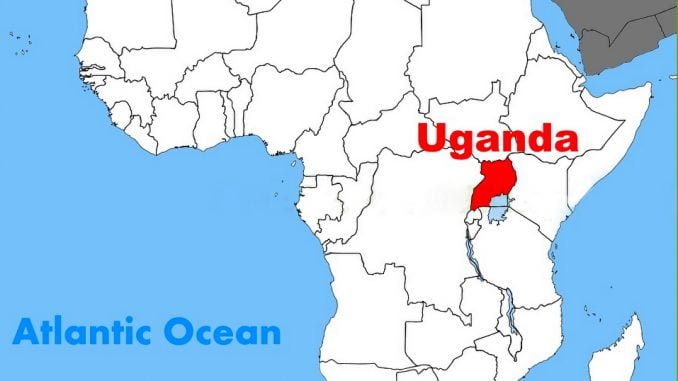
A report by the World Bank has placed Uganda in the top 10 out of 38 of countries with average quality of policies and institutions in Sub-Saharan Africa. This is a shift from the deterioration observed in the previous year.
The 2017 report of the Country Policy and Institutional Assessment (CPIA) for Africa, released today, covers 38 countries and describes the progress the countries are making on improving the quality of their policies and institutions.
Countries are rated on a scale of 1 (low) to 6 (high) for 16 dimensions reflecting four pillars: economic management, structural policies, policies for social inclusion and equity, and public sector management and institutions.
In 2017, the regional Country Policy and Institutional Assessment (CPIA) score was 3.1. This average CPIA score for Sub-Saharan Africa remains slightly below the average of 3.2 for other IDA countries. According to the report, Uganda, with a score of 3.6, is among the Top 10 countries with averagely better policies and institutions, in a pack led by Rwanda, which scored 4.0.
The others, from Rwanda’s first position, are Senegal, Cape Verde, Kenya, Tanzania, Burkina Faso, Ghana, Uganda, Benin and Ivory Coast.
According to Punam Chuhan-Pole, the lead economist and lead author of the report, Uganda’s best performance was in debt policy and management, an area where many countries, including neighboring Kenya, regressed.
She said in 2017, African countries had a more favorable global environment that provided them with space to implement reforms. According to the analysis, nearly 30 percent more countries strengthened their policy and institutional quality in 2017 compared with 2016, describing it as “an encouraging trend.”

Albert Zeufack, the World Bank’s Chief Economist for Africa, said the CPIA is important for African countries because a better score leads to an increase in concessional financing from the World Bank.
Zeufack also said the CPIA is an excellent tool for policy formulation and monitoring.
Zeufack adds that in order for a country to increase its CPIA performance, it needs to pay more attention to governance, particularly fighting corruption.
As of August 2018, the World Bank’s portfolio in Uganda stood at USD 3 billion, in form of International Development Association (IDA) credits and grants, in net commitment for 19 national and six regional operations.
The areas of interest are sustainable development, infrastructure development including energy, roads, urban, and information and communications technology, agriculture, and water. Nearly 30 percent of the financing supports human development in areas like health, education and social protection, as well as private sector and trade.
The World Bank has been using the CPIA scores since 1980 to determine IDA allocation of resources to the poorest countries.
The World Bank’s International Development Association (IDA), established in 1960, helps the world’s poorest countries by providing grants and low to zero-interest loans for projects and programs that boost economic growth, reduce poverty, and improve poor people’s lives.
– URN



